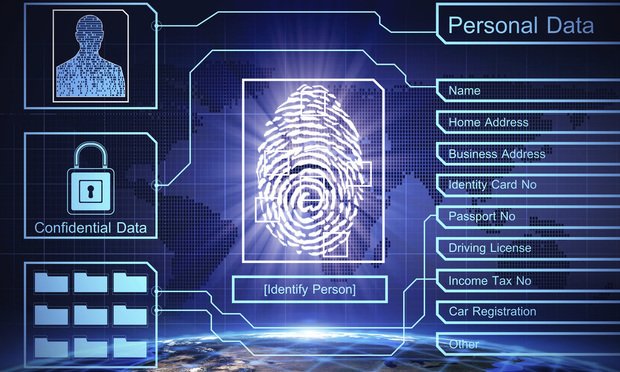 "We believe that important changes must be made to the rule before it becomes final in order to protect the privacy of patients and their personal health information," Epic Systems wrote in a statement. (Image: Shutterstock)
"We believe that important changes must be made to the rule before it becomes final in order to protect the privacy of patients and their personal health information," Epic Systems wrote in a statement. (Image: Shutterstock)
Think it's going to get easier to get your own patient information and/or share it with apps?
Guess again—that is, if about 60 health systems, as well as Epic Systems, have their way—as well as several life sciences companies. They've all signed on to a letter opposing Department of Health and Human Services rules designed to make it easier to share medical records data with patients and apps. In addition, a number of organizations are reportedly sending their own letters opposing the proposed rules.
CNBC reports that Epic Systems CEO Judy Faulkner urged the pushback that resulted in the letter, sent to Alex Azar, HHS secretary, opposing proposed rules designed to facilitate the flow of medical information between health systems and patients. The rules also aim to make clinical data accessible through application programming interfaces.
Related: Interoperability may jeopardize consumers' health care privacy
Epic is one of the leading providers of electronic health record software in the country. According to CNBC, implementation of an EHR software system can cost upwards of $1 billion for a major health system.
Technology companies Apple, Microsoft and Google have come down on the other side of the issue, and along with nonprofit Carin Alliance have discussed ways to get the rule finalized and released. They're just as self-interested as Epic, of course, since a system that supports greater interoperability between medical records storage systems could open the door for them into the $3.5 trillion health care sector.
According to the letter: "While we support HHS' goal of empowering patients with their health data and reducing costs through the 21st Century Cures Act, we are concerned that ONC's Proposed Rule on interoperability will be overly burdensome on our health system and will endanger patient privacy. Specifically, the scope of regulated data, the timeline for compliance, and the significant costs and penalties will make it extraordinarily difficult for us to comply."
Epic also provided a statement to CNBC: "There are many health systems that have deep concerns regarding the rule, and they've shared those concerns with HHS. We are supportive of the goals of the proposed regulations, but we believe that important changes must be made to the rule before it becomes final in order to protect the privacy of patients and their personal health information. We appreciate the work that HHS is doing to incorporate different perspectives and ensure that the final rule is a good one."
Among the letter's proposed changes, are "more clarity around health information related to family members, and a longer timeline—at least 12 months to prepare and 36 months for 'development of new technology required by the rule.'"
Neil Calman, MD, chairman of family medicine at Mount Sinai in New York and president of the institute for family health, told CNBC, "There are tens of thousands of health care apps. Getting these big computer systems to communicate in a predictable and secure way took a decade and now people are writing these apps in all different languages. There's no possible way a system that has been in development for decades now could all interface with all these apps and keep information secure. This needs a lot more thought, and more structure and regulation."
But some of the largest health systems in the Epic system have not signed on to the letter, a factor that some health IT experts point to as significant.
"Their absence represents a thundering silence," said David Brailer, the first National Health Information Technology Coordinator. "Many health systems are quietly discussing how the data access and data fluidity actually benefits them in the long run."
Read more:
© 2025 ALM Global, LLC, All Rights Reserved. Request academic re-use from www.copyright.com. All other uses, submit a request to [email protected]. For more information visit Asset & Logo Licensing.







